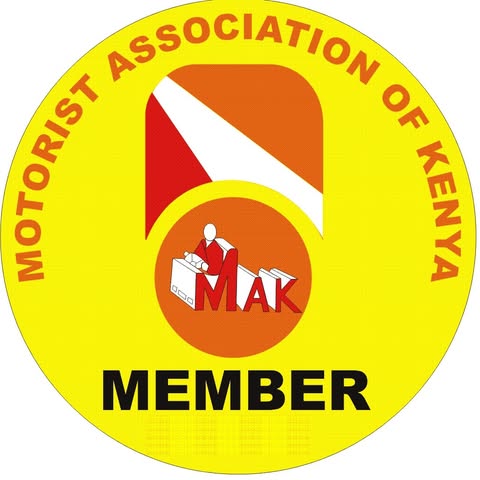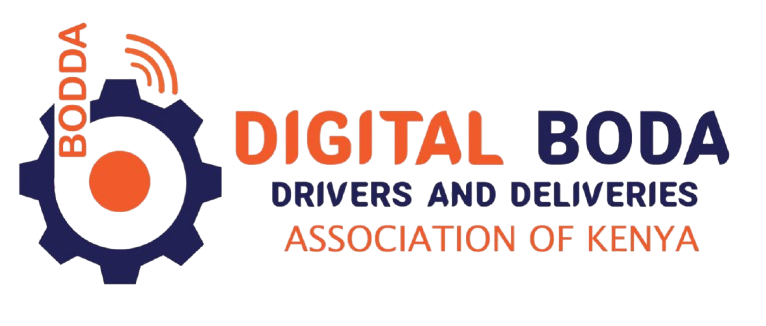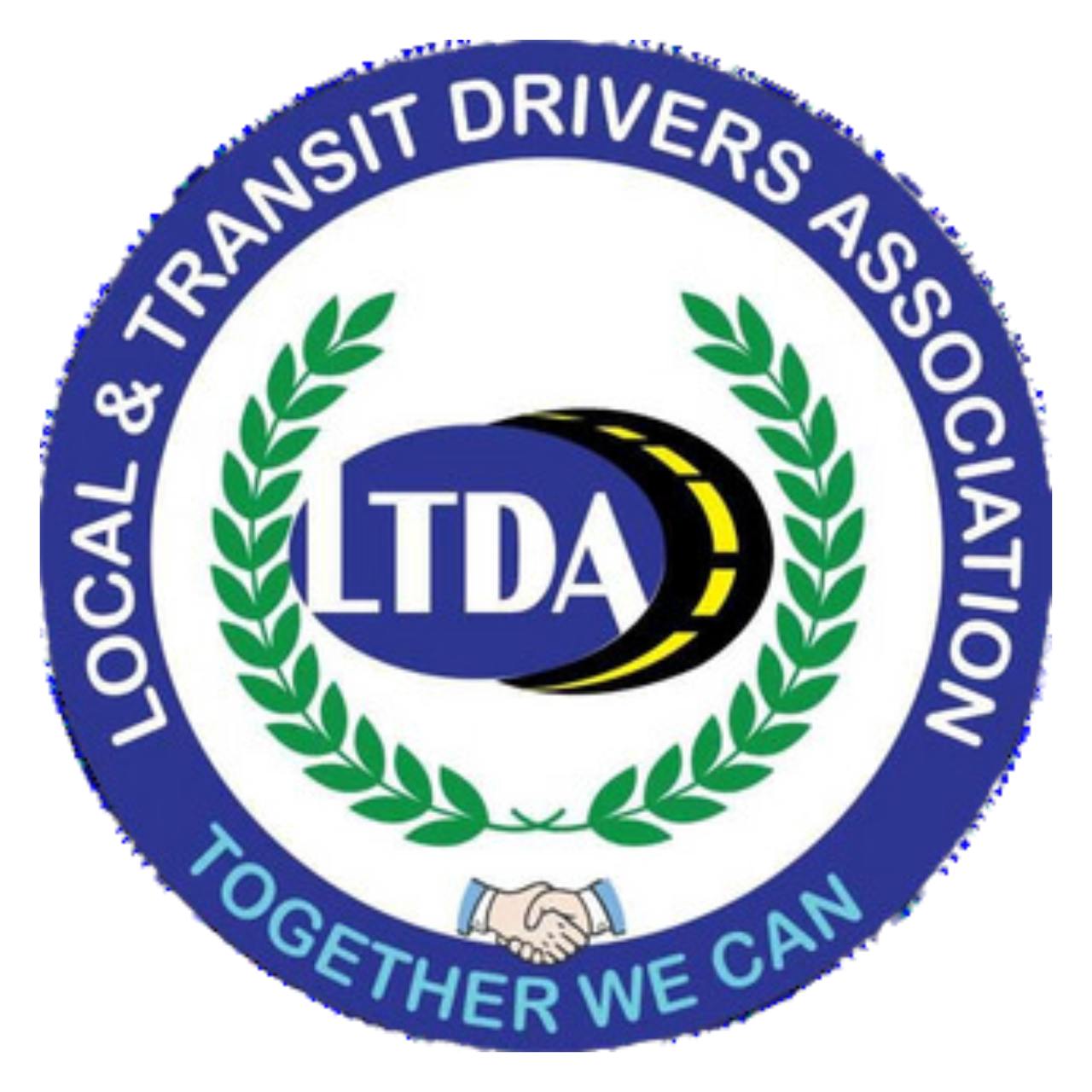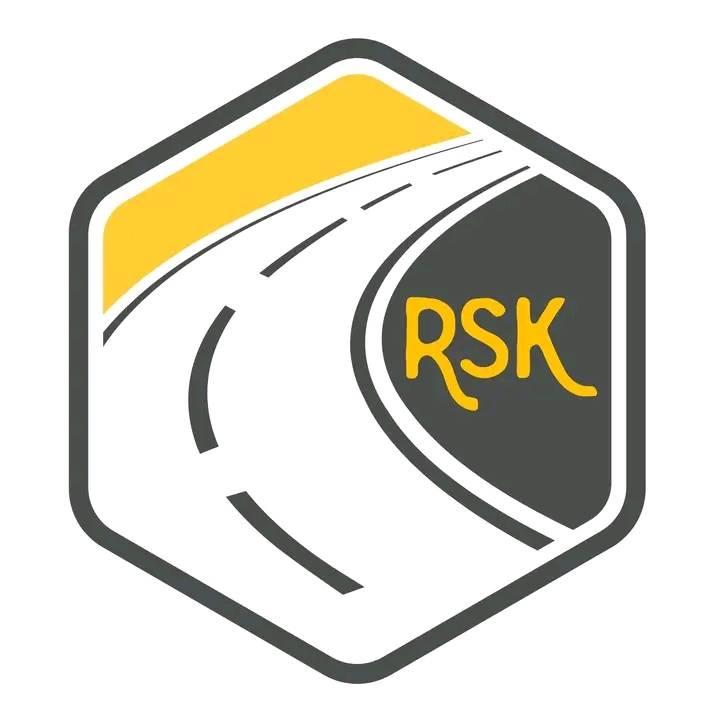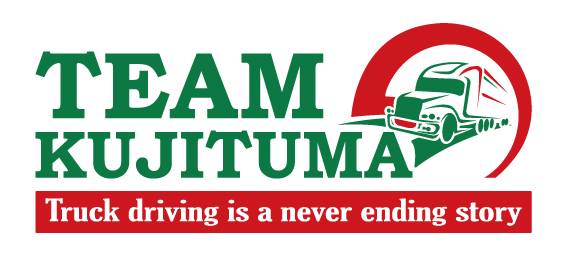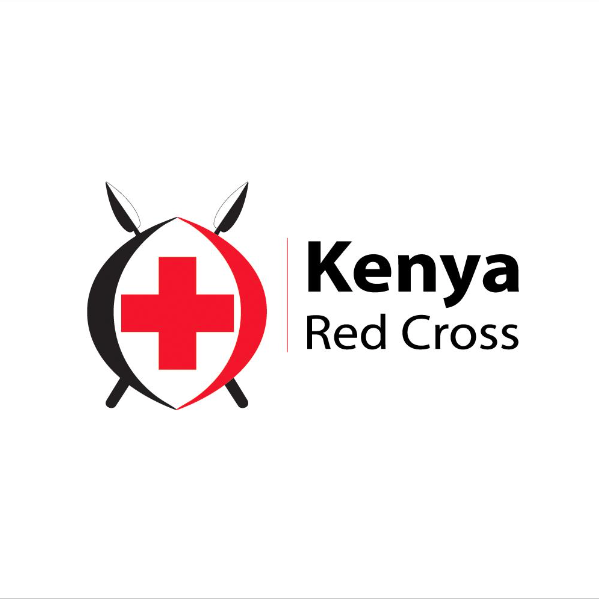Why Get Involved?
Road traffic deaths occurring every year
Succumb to RTI in Kenya every year
Annual loss due to RTI {5% of the gross GDP)
Addressing a Critical Public Health Crisis
Road traffic injuries (RTI) have become a silent epidemic, claiming 1.35 million lives annually worldwide. According to the United Nations Road Safety Fund (UNRSF), RTIs are the leading cause of death among children aged 5-14 and young adults aged 15-29. Low and middle-income countries (LMICs) bear the brunt, accounting for 90% of these fatalities despite having only 60% of the world’s vehicles. In Kenya alone, the National Transport and Safety Authority (NTSA) reports an average of 3,000 annual RTI-related deaths, costing the economy approximately $3 billion—5% of the GDP. Alarmingly, even with reduced traffic during the 2020 pandemic lockdowns, RTI deaths increased by 5.8%, primarily due to dangerous driving behaviors such as speeding, reckless driving, and drunk driving.
The Plight of Long-Distance Crew
Long-distance drivers, predominantly male, face compounded health challenges due to limited access to comprehensive healthcare. The National Health Insurance Fund (NHIF) restricts outpatient services to one facility per person, disadvantaging drivers who are constantly on the move. Female crew members encounter additional hardships from male-dominated infrastructures, including inadequate sanitation facilities. Moreover, most drivers lack formal employment contracts, leaving them vulnerable to exploitation through extreme targets, excessive working hours, and absence of social protections like health insurance or accident cover. The influx of undocumented immigrants into the sector has further exacerbated these issues, especially impacting women and their families.
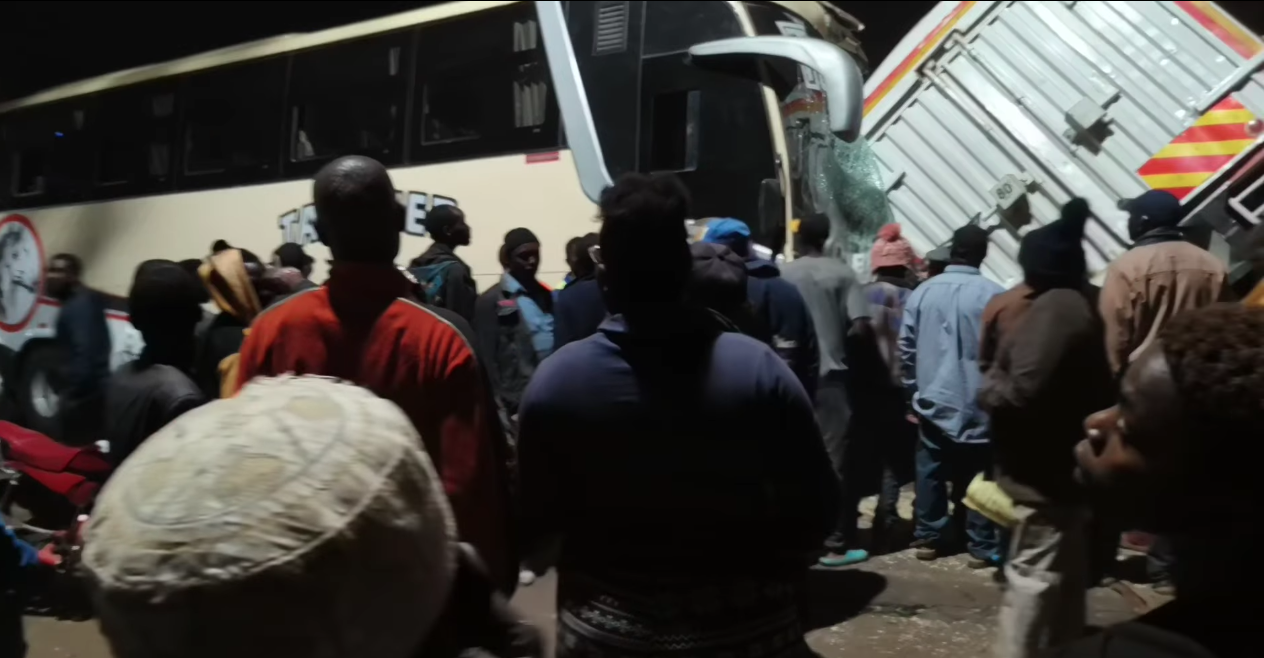
Reduced RTI Deaths
Through targeted road safety initiatives, driver education, and enforcement of traffic regulations, we can significantly lower the number of fatalities and injuries.
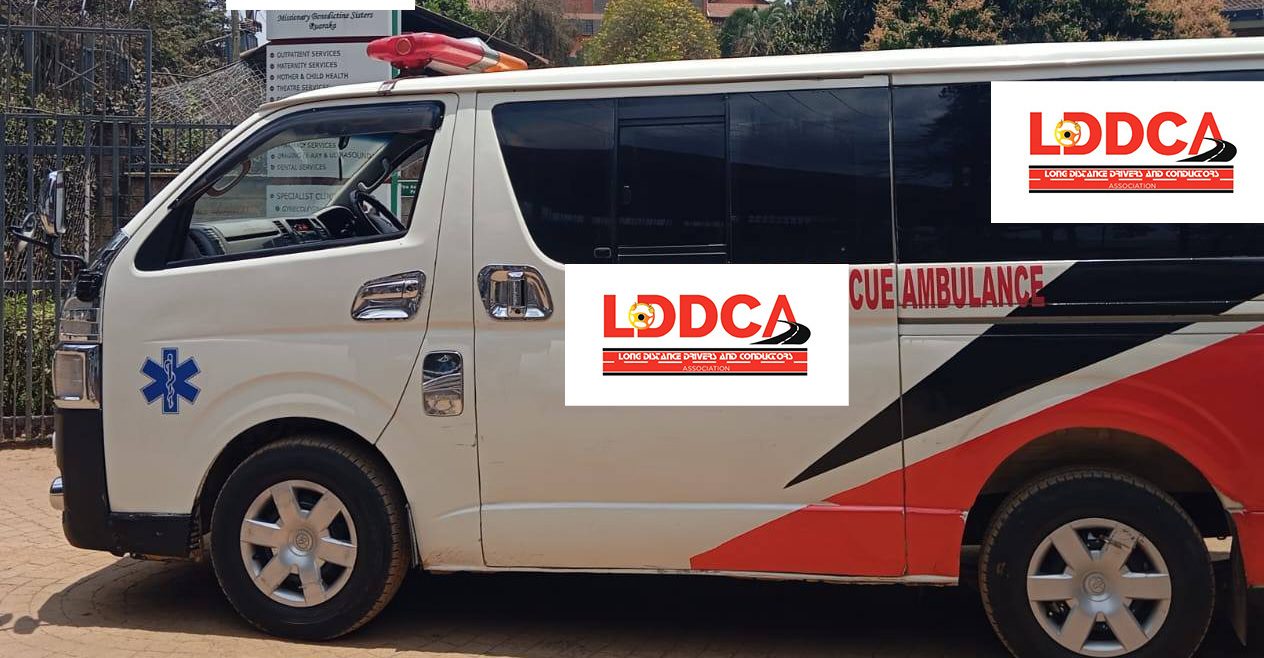
Improved Post-Crash Response
Enhanced emergency response systems and healthcare access will improve survival rates and recovery outcomes for crash victims.
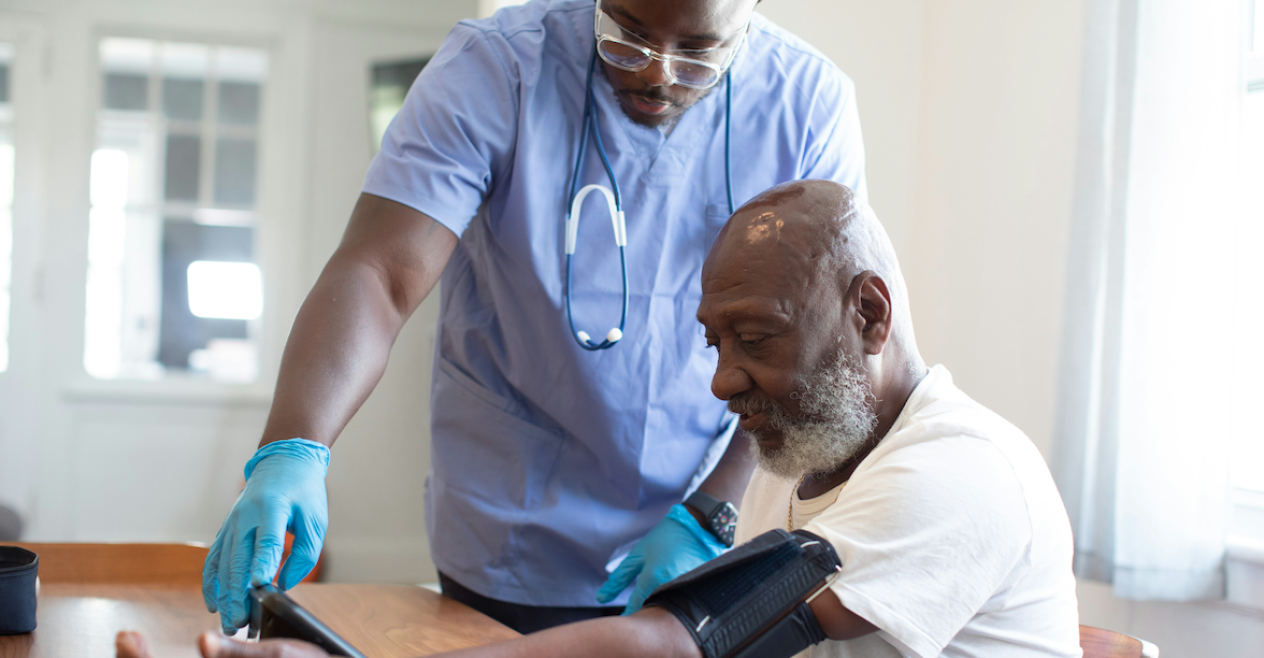
Increased Access to Comprehensive Health Services
Expanding healthcare options, including Sexual and Reproductive Health (SRH), ensures long-distance crew receive consistent and quality medical care.
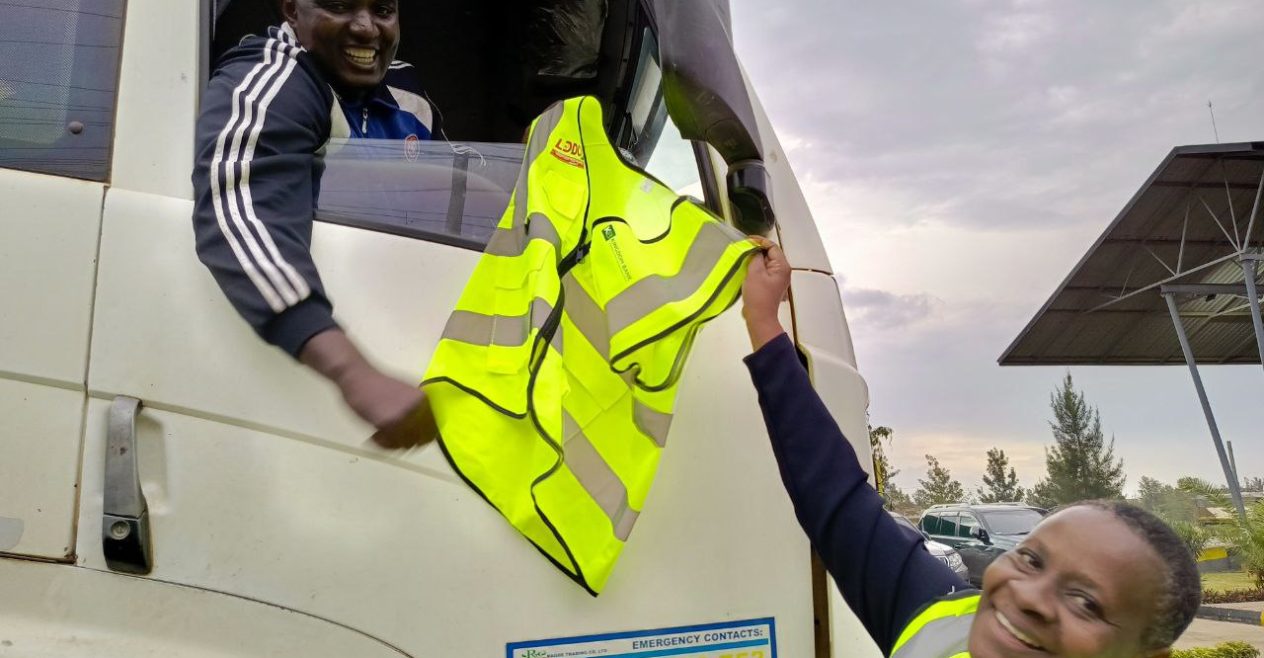
Inclusive and Decent Work
Advocating for formal contracts, fair wages, and adherence to labor laws will promote dignity and security within the profession.
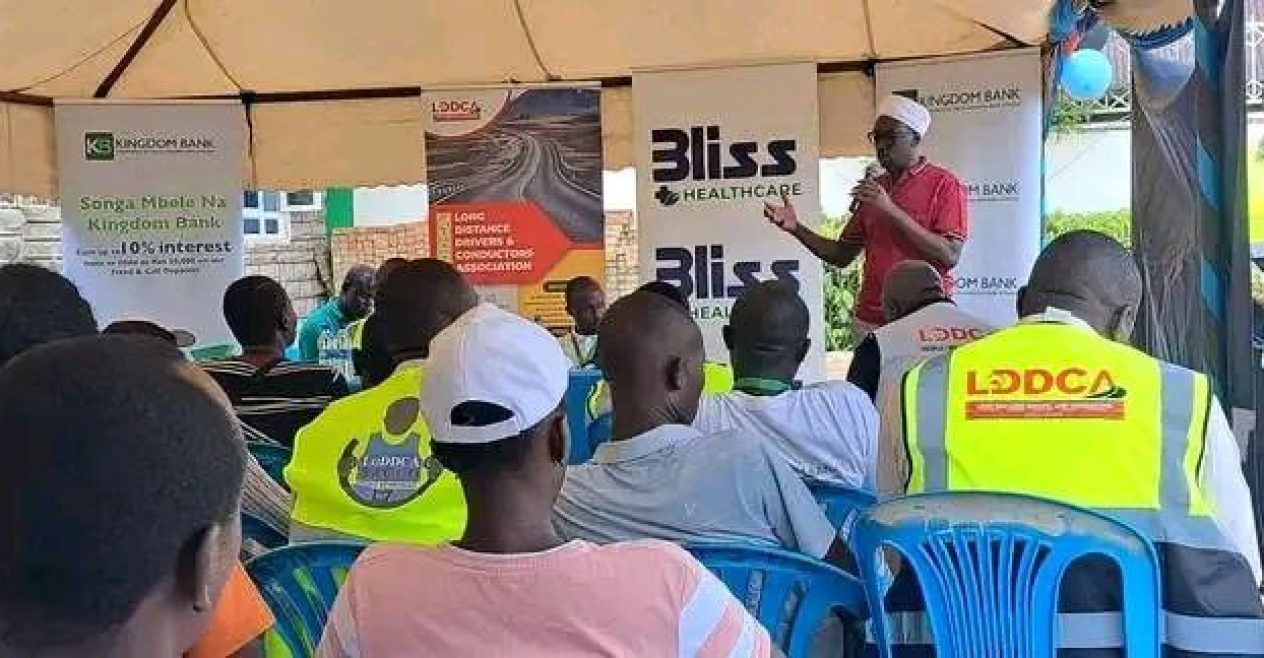
Empowerment Through Training and Rights Advocacy
Providing responsive and inclusive training programs, financing options, and rights awareness will uplift long-distance crew economically and socially.
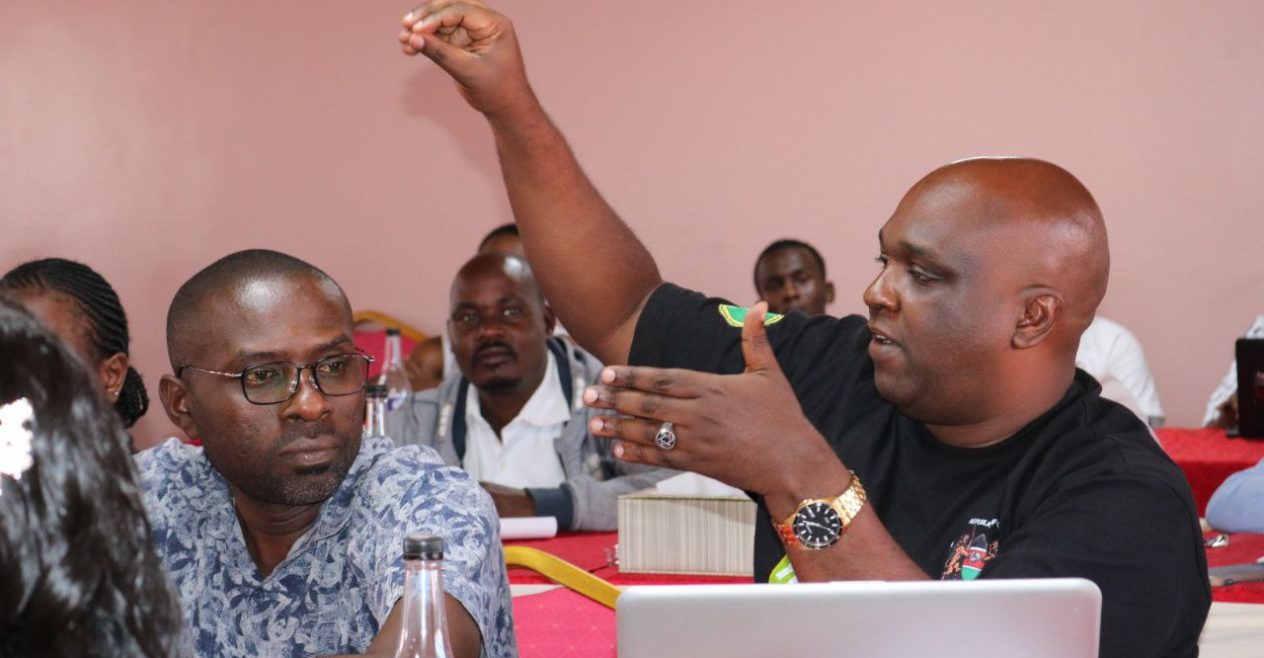
Extended Social Protection
By supporting social protection initiatives, we can safeguard drivers and their families against economic shocks and workplace vulnerabilities.
Partners and Sponsors We Have Worked With





